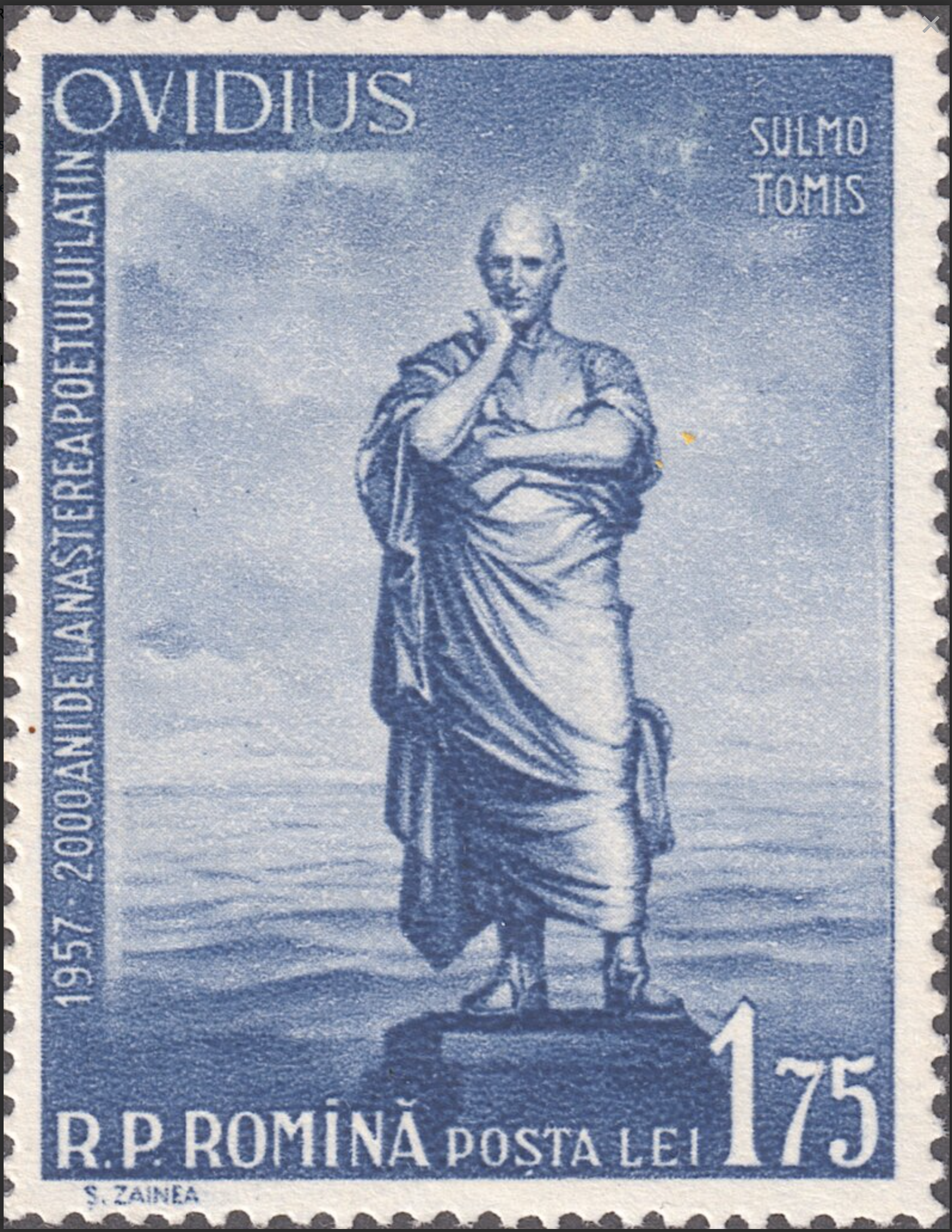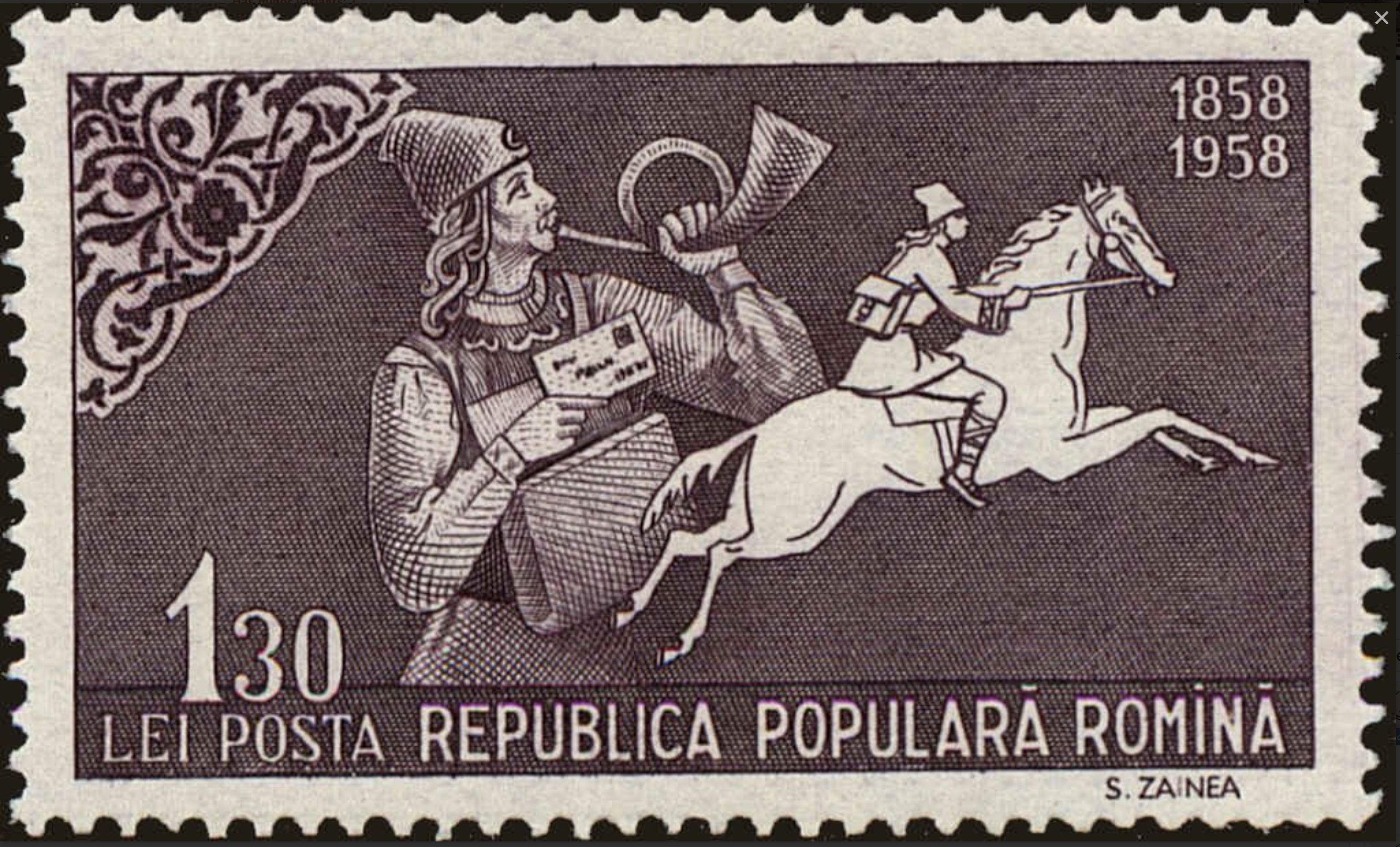Bulgaria #2457 (1977) – Dr. NI Pirogov
$0.45
Bulgaria #2457 (1977) – Dr. NI Pirogov
Description
Bulgaria #2457 (1977) – Dr. NI Pirogov
Dr. Nikolay Ivanovich Pirogov (1810–1881) was a prominent Russian and Ukrainian surgeon, anatomist, and medical innovator. He is widely regarded as one of the founders of modern surgery and is celebrated for his contributions to medical education, field surgery, and anesthesia.
Here are some key highlights of Dr. Nikolay Pirogov’s life and work:
- Medical Education: Pirogov studied medicine at the University of Dorpat (now Tartu, Estonia) and later at the University of Berlin. He was deeply influenced by the teachings of Johann Friedrich Dieffenbach, a pioneer in plastic surgery.
- Anatomy and Pathology: Pirogov made significant contributions to the fields of anatomy and pathology. He emphasized the importance of detailed anatomical knowledge for surgeons and introduced improvements in anatomical studies.
- Field Surgery: Pirogov gained fame for his innovations in field surgery during the Crimean War (1853–1856). He introduced triage systems and techniques to prioritize and treat wounded soldiers more efficiently on the battlefield. Pirogov advocated for the prompt treatment of injuries and the use of anesthesia to alleviate pain during surgery.
- Anesthesia: Pirogov experimented with various anesthetics, including ether and chloroform, to achieve safer and more effective surgical procedures. His work in anesthesia contributed to the advancement of pain management in surgery.
- Medical Education Reform: Pirogov played a significant role in reforming medical education in Russia. He emphasized the importance of hands-on clinical experience and practical training for medical students. Pirogov introduced new teaching methods, including the use of cadaver dissection and clinical demonstrations.
- Legacy: Pirogov’s legacy continues to influence modern surgery and medical education. He is remembered for his humanitarian efforts, dedication to improving medical practices, and commitment to advancing surgical knowledge.
Dr. Nikolay Pirogov’s contributions to medicine have earned him recognition as one of the most influential figures in the history of surgery. His innovative approaches to surgery, anesthesia, and medical education have had a lasting impact on the field of medicine worldwide.
Ready to ship in 3-5 business days from United States (US)
Additional information
| Condition | |
|---|---|
| Country | |
| Scott Number | |
| Stamp Format | |
| Stamp Type | |
| Year of Issue |












